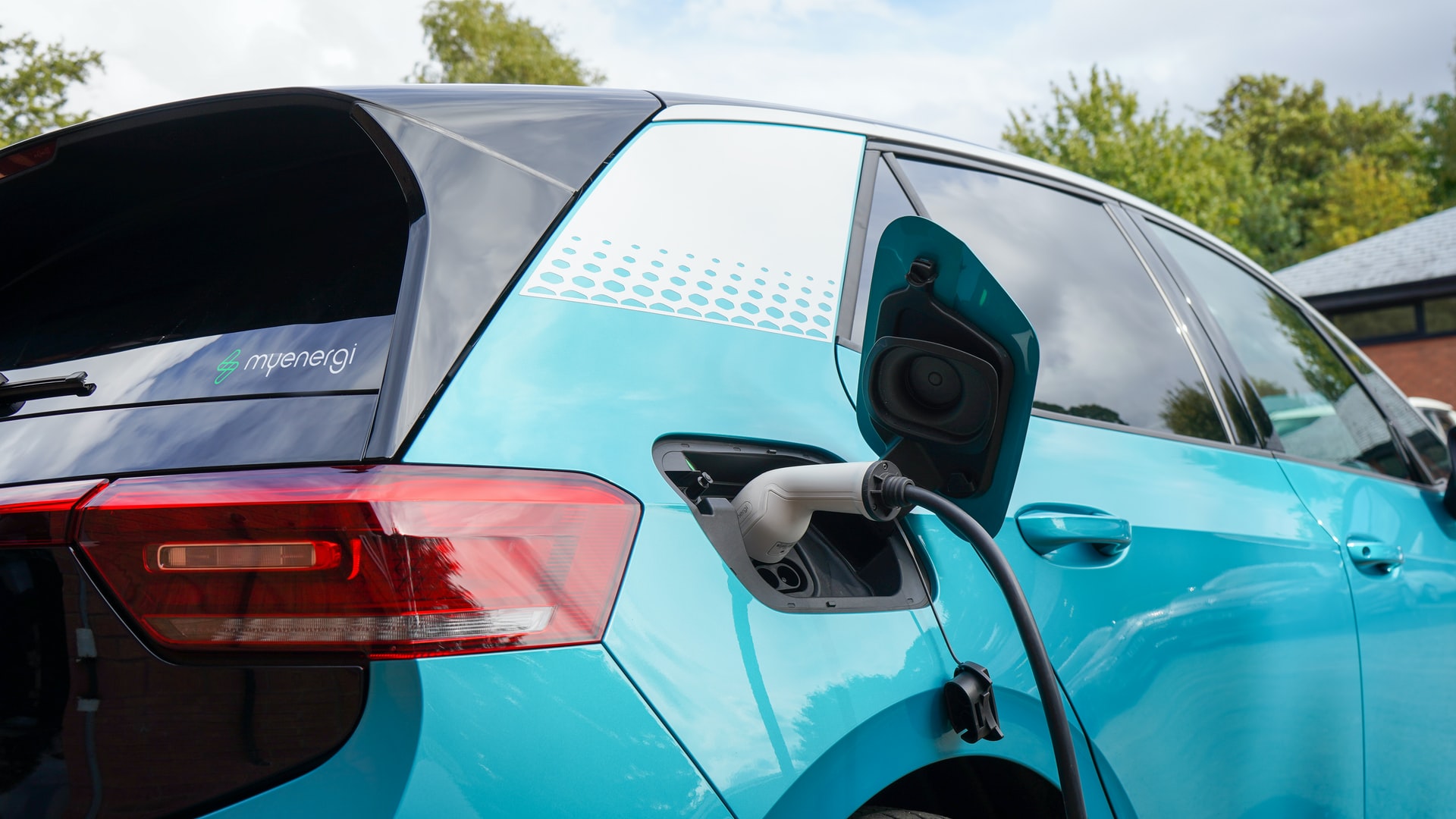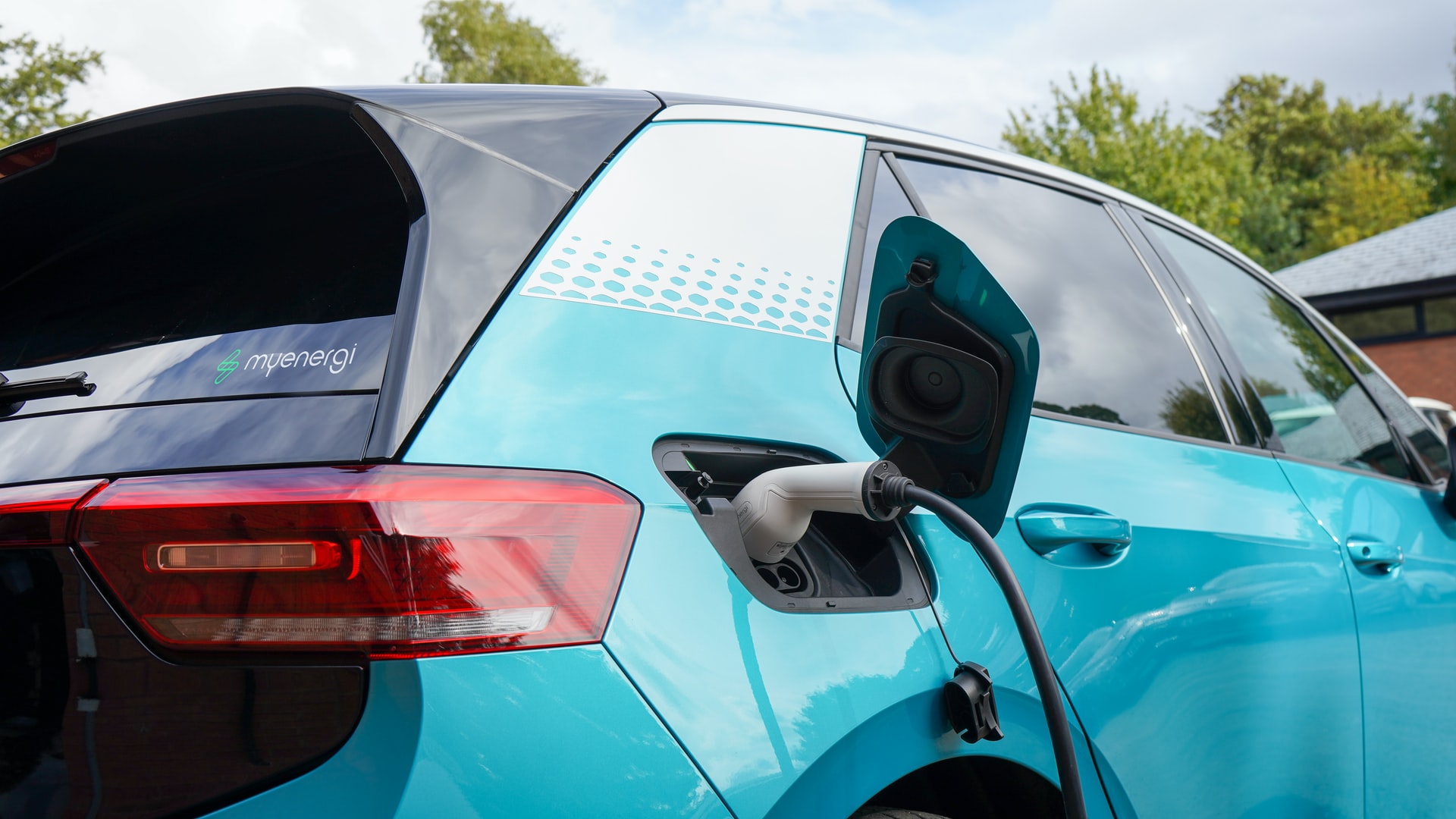What Are Electric Cars:
An electric car is a car that operates on electricity, rather than gasoline. Electric cars are powered by rechargeable batteries and don’t need to be plugged in for recharging.
They can also run off of solar power. The benefits of an electric vehicle include saving money on gas. And many others like, not needing to go to the gas station, reducing greenhouse gases emissions, lowering dependence on foreign oil, and reducing pollution that causes smog and acid rain.
There are some disadvantages as well; these include lengthy charging time for batteries which makes it difficult for long distances to travel without stopping at a charging station along the way, lack of spare parts available in case something needs replacement or repair right away.
There are automotive dealers in UAE, which have many used cars for sale in UAE, and across the world, you can look out there if you made up your mind.
Is Buying An Electric Car Worth It?
Electric vehicles are a great investment, as they can cut down on gas costs by 60%. If you own one and drive it every day for 8 years that means $6-10k saved, which clearly indicates that its totally worth buying an electric car.
Are Electric Cars Really Cheaper To Drive?
Well, that’s right! A recent study by the U.S. Energy Information Administration found that electric cars are cheaper to drive, but not necessarily cheaper to own.
The average cost of driving an electric car is $400 within three years due to lower maintenance costs on the battery and engine, while gas-powered cars will need more frequent oil changes and tire rotations throughout their lifetimes. However, they’re more expensive when it comes to running costs over time due to battery degradation.
On the other hand, fueling up an electric car can be expensive in some areas because it relies solely on electricity for power without a backup fuel source like gasoline or diesel.
Gasoline is also much cheaper than electricity per gallon equivalent, which makes it difficult for many people who live in rural areas or don’t have access to public charging stations near them.
Pros and Cons of an Electric Car
Electric vehicles are catching on, and you could save a lot of money by getting into one. A report from Bloomberg says that while every car is different, the average electric MV owner spends 60% less than their gas-powered counterpart for powering it up – which can translate to annual savings between $800-$1 300 or 6k upwards over the lifetimes of your vehicle. But there are also some disadvantages of buying an electric car, which we would discuss below.
Pros Of An Electric Car
Electric Car Is Less Noisy Than Fuel-Powered Vehicles:
The noise of an electric car is often a point of contention for potential buyers. A lot of people don’t like the sound their vehicles make, and some say it’s not as pleasant to drive in traffic because you can hear everything going on around you.
But if we take a closer look at what makes up the sounds and how they compare, we’ll see that electric cars are actually less noisy than fuel-powered vehicles.
The inside cabin of an electric car is much quieter than many other types due to its lack of an engine. This means no more loud noises or vibrations from the engine during acceleration or braking, which are common with gas-fueled vehicles. It also means reduced exposure to exhaust fumes when driving near pedestrians or public spaces – something
Electric Cars Are Environment Friendly:
It’s important to consider the environment when it comes to your car. If you own a gas-powered car, you’re contributing to global warming and other pollution. But there is an alternative: The electric car.
The best part? Electric cars are environmentally friendly because they don’t emit any greenhouse gases or pollutants. Electric cars also have lower maintenance costs, than gasoline-powered vehicles. Plus, with advancements in battery technology, most models now offer ranges of at least 100 miles per charge. If this sounds like something that interests you, then you should just buy one!
Electric Cars Are Economical
The average cost of a tank of petrol is around $50, the equivalent of five fill-ups for an electric vehicle. The price of a battery can range from $5000-$20,000 and it will last 5-8 years depending on your driving habits. When you factor in that electric cars don’t need oil changes or engine replacements, they are more economical than their gasoline counterparts. In addition to being cheaper to run, there are other benefits such as less noise pollution and no exhaust fumes.
Cons Of An Electric Car:
Electric Cars Are Hell Expensive:
Electric vehicles are a little more expensive than fuel-powered cars. They’re not produced on the same scale, so they cost more money and have fewer options available to buy second hand too which means there’s less demand for them in general, while new EVs do come at higher prices. But, because these things will get cheaper over time as production goes up – wait!
That doesn’t make sense, does it? Sorry about that; let me try again: In addition, unlike traditional gas-guzzling cars where you can easily find used models from previous owners who no longer need their vehicle since buying something brand-spankin’ new may be out of reach due to financial constraints or other reasons.
Charging Points Are Fewer Than Fuel Stations
Electric cars are the future. They’re cleaner, cheaper to maintain and more versatile than gas-powered vehicles. The only problem is that they have a much shorter range on a single charge, typically 50 miles vs. 250 miles for a gasoline car–making them impractical for long road trips without access to charging stations along the way.
Like fuel stations for electric vehicles, chargers will be installed at charging points. Installing these costly investments is a serious undertaking as they cost thousands of dollars per station which can take up to 6 hours of installation time depending on what you want the final product looks like and how many there are going into use in your area or home country.
“There’s no question that electric cars will be able to compete with gasoline cars in time, in order for this switchover from fossil fuels to electricity to happen, there need to be more places where people can plug in their electric vehicles.”
-John Voelcker, editor of Green Car Reports.
Voelcker points out that there are about as many gas stations as charging points across the country.
Charging An Electric Car Is So Time-Consuming
Charging electric vehicles is time-consuming. The average charging station takes an hour to charge a car, and that’s just for one of the four charges needed on most days. As more people drive electric cars, this will be an issue that needs to be addressed soon.
Charging stations are already in place in many places around the world, but not enough yet to make up for their limited use.
So how do we solve this problem? One idea is making it mandatory for all new buildings or offices with parking spaces to have at least one charging station installed per building which would help alleviate some of the issues drivers face when they’re out, driving around town looking for a charger.
Conclusion
Choosing an electric car is a big decision with many factors to consider. There are advantages and disadvantages of using an electric vehicle, but in the end, you should make your own choice about which one best fits your needs.
If you’re considering buying or leasing an electric car for yourself or your company, I hope, this blog helped you somehow, making a decision. We can help you get started by giving you some background information, on how they work, and what the pros and cons are before making that important decision.




